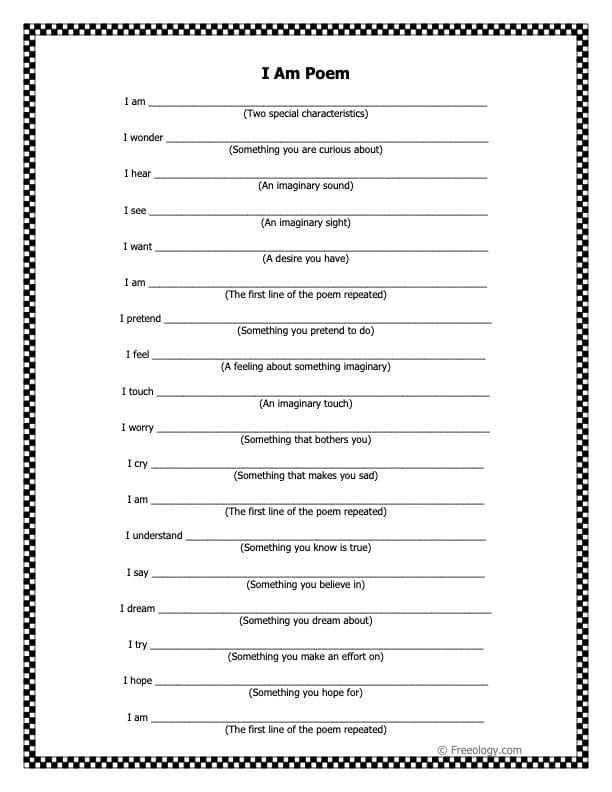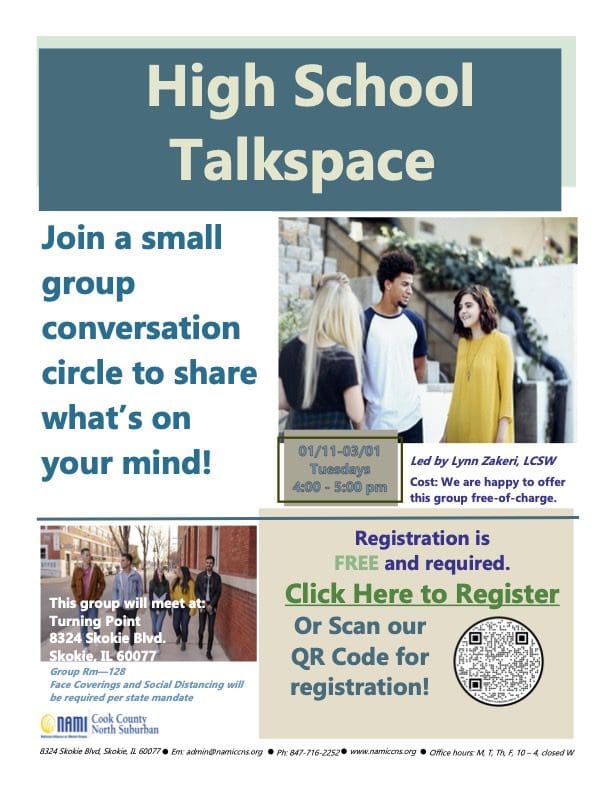Who are you? Like me, you have most likely gotten to know yourself better the past year. The uncertainty and disruption and fear that has been so present has also forced us to spend a lot more time in our heads. I am not different from any of you. I wrote a very personal piece about my oldest going to college in August. I still tear up when I read it as it is not just this milestone but all the ripple effects of it…of time, of reason, of purpose. I went through a grieving process myself. Not because my 18 year old was leaving the nest, but because my 18 year old son will never again be my 3 or 6 or 14 year old pal again. He will be my 18 year old. I was forced to, again, get to know myself. Like you. You also went through a lot. A lot. And I was so very appreciative of being a part of your past year. I wanted to share with you some of what you taught me and what I have learned and found valuable.
Marriageis hard work. Show me a good marriage and I challenge you to argue that a boatload of work doesn’t go into that relationship. Listening, considering, compromising, teaming, loving, and liking, and so much more. Being affected by your spouse is vulnerable, and realizing your affect on your spouse is sometimes mindblowing.
Eating disordersare consuming. Figuring out where they came from can be heartbreaking and deserving of self compassion. Deciding to confront them is scary and meaningful work.
Feeling stuckis more common now than ever. What if closure is a myth and loss is ambiguous. Long but a good read here
Only thinking abouttraumathe old way is just not realistic. Complex trauma and how we handle small traumas can change us. Sometimes it is not anxiety or depression or genetics at the root of things. Some memories can be so painful, the trauma so wide ranging, that the helplessness and powerlessness is long lasting and pervasive. Add COVID and lockdowns/ school shootings into the present mind, and all of those similar feelings come rushing back.
When COVID-19 became a reality, mental health became even more a topic of concern. The NYT had anarticlet his month about our youth and their depression and anxiety – saying globally symptoms doubled. In anotherarticle, the NYT talked about sites that even encourage suicide! Being asked by NAMI to run ateen support groupwas not something I was looking to do, but it was an opportunity I just could not say no to. The flyer is attached, and the start date is in a couple weeks. Did I mention the group is FREE?
I love what I do. Going back to the beginning of this message, who I am and what I do are somewhat of the same when it comes to being a social worker, and when it comes to being your therapist. I think about you outside of session, I learn about what I don’t know enough of, I consult with others, and I try my hardest. I have ideas and tools and strategies, but more than that, I have your trust, and with that trust, we have done some pretty powerful work. My colleague Santiago co-wrote this article and it was like they were talking about us. Titled Going Beneath the Surface: What People Want from Therapy by Santiago Delboy, LCSW, MBA, and Linda Michaels, Psy.D., MBA, the paper is based on extensive market research to understand the public’s attitudes, experiences, needs, and preferences about psychotherapy. Some of my favortie takeaways are here :
“When it comes to figuring out how to alleviate their suffering, what many people want is to get to the root of their problems, to understand themselves deeply, and to address the issues underlying their symptoms. An important segment of the public knows and understands that it will require time and effort, and they do not want to settle for symptom relief or quick fixes. We learned that many people intuitively know that there is more beneath the surface, believe that therapy is a process that takes time, and are willing to make and take that time.”
Basic must-have: “Feel heard” sharing thoughts and feelings without feeling judged
Key rational benefit: “Change and choice” Change patterns, choose new ones
Key emotional benefit: “Worth it” therapy is worth the effort, the time, and the investment, because you are worth getting to know and grow. Self-awareness and understanding
Most differentiating factor: “Get to the root”; 91% said they would prefer therapy that addresses root causes of symptoms, rather than only providing ways to manage symptoms (even if the latter would require fewer sessions). Increasing self-awareness and “getting to the root” is empowering and helpful to make sense of inner experiences and to find new ways of dealing with relationships and life
Last, I would not be where I am right now without Ellen, Erin and Jennifer. As COVID-19 grew in force, the need for more therapy increased nationwide. Everyone I trusted in my network was full, and I just could not keep giving people a dead end when they called for help. Jennifer, a high school social worker, began seeing a couple people on Sundays. Erin, a social worker and a health coach, began working with some of you (until her recent maternity leave- Congratulations Erin!-she anticipates a return next month!). Ellen, who has only increased her availability and hours, and never says no, has been doing some really meaningful work herself. She is also a social worker with a CADC (meaning a certified addictions counselor). These three therapists have given me time, trust, and a whole new perspective on things. We consult regularly, and learn a lot from each other. You can read their bios here https://lynnzakeri.com/#associates
As you look towards a new year, remember who you are (the I AM poem can help you with some of this (attached)).You are honest, and real, and understood. You are loved. You also teach me a heck of a lot! And if you have trouble remembering I will help you with your recall. Once again, for another year, you have been through a lot. You were a part of someone’s story. You are a part of mine.
See you in 2022.
Lynn
Lynn Zakeri LCSW Clinical Services, PLLC
I AM Poem: 


